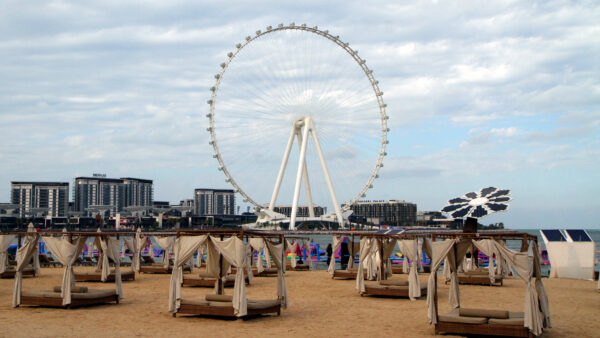With electric vehicles threatening fuel-tax revenue, the Dutch government is considering a plan to introduce tolls across the whole of its national highways network, the World Highways website reports.
At present, all of the Netherlands’ 3,530km of motorways and expressways are free to use, and payment is collected by a tax on fuel. But with the rise of electric vehicles, government fears this revenue source will dwindle.
A meeting between motoring and public transport organisations held last month agreed that introducing a national pay-per-kilometre scheme was the only policy option for the government.
Steven van Eijck, chair of the Rai motoring organisation, and one of the delegates at the meeting, told the Telegraaf newspaper: “We are united. The next cabinet must take action and make road pricing a reality. There is no other way ahead.”
In January, daily newspaper Volkskrant published a survey showing there was growing support in the Netherlands for road pricing.
According to World Highways, three options are being analysed. The first would retain the fuel tax and introduce tolls only for electric vehicles; the second would charge all drivers depending on distance travelled and time of day; the third would restrict charges to rush hours.
As well as collecting money for investment in roads, the policy would also be aimed at cutting carbon dioxide emissions in half by 2030.
The Dutch government has mulled nationwide tolls before, but in 2011 then-transport minister Camiel Eurlings dropped the plan, saying it would be too complex and expensive to operate. Now it is being revived under the government’s official “Deltaplan Mobiliteit”, or mobility plan.
Image: The Ridderkerk Interchange in South Holland (CC BY-SA 3.0)






